Your Guide to Chemotherapy



What is cancer?
Cancer is the uncontrolled growth of abnormal cells in the body. These abnormal cells may form a mass of tissue called a tumour.
Benign tumours are non-cancerous.
• Usually not life-threatening
• Do not spread to the rest of the body
• Can sometimes cause problems, especially when they grow too big
Malignant tumours are cancerous.
• Can grow and spread to other areas of the body via a process called metastasis
Common types of cancer
Cancer can occur in different parts of the body.
The top five cancers for males and females in Singapore are:
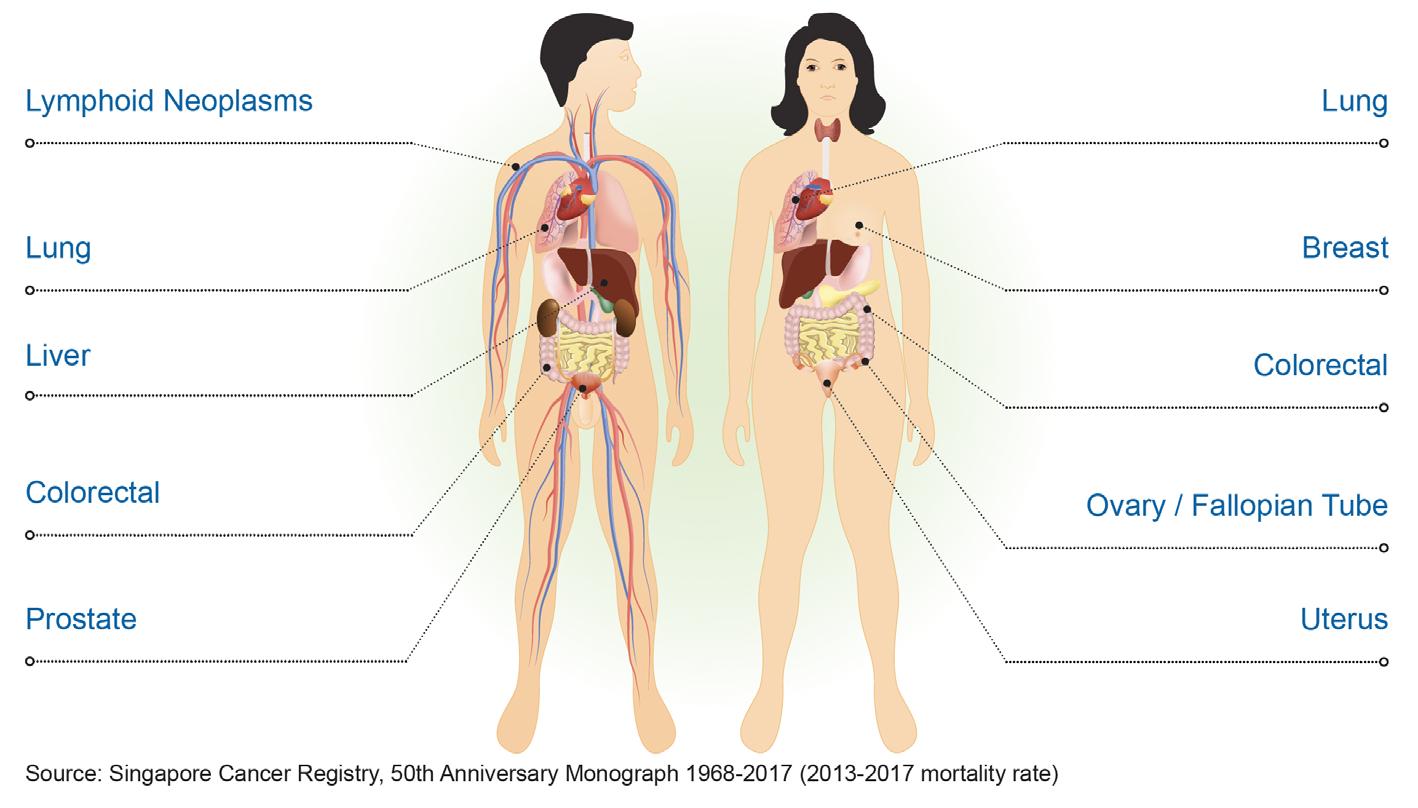
Multiple forms of cancer treatment are available. Your doctor may use one, or a combination of these in your treatment plan.
• Surgery Procedure to physically remove the tumour
• Radiotherapy
Use of concentrated radiation beams to target cancer cells
• Drug therapy
Chemotherapy
Drugs that destroy rapidly growing cancer cells
Targeted Therapy
Molecularly targeted drugs that block the growth and spread of specific types of cancer cells
Endocrine or Hormonal Therapy
Drugs that deprive cancer cells of the specific hormones in your body that cause them to grow
Immunotherapy
Drugs that improve your immune system’s recognition of, and hence capability to destroy cancer cells
How will chemotherapy help? Depending on the type of cancer you have, how far it has spread, and where you are along the treatment process, chemotherapy can be used to:
• Shrink or eliminate the cancer
• Slow down the rate of cancer growth
• Prevent further spreading of the cancer
• Relieve symptoms that are brought about by cancer
How is chemotherapy given? How chemotherapy is given depends on the type of cancer that you have, and the medication that is required for your treatment. They are most commonly given through the following ways:

Oral
Tablets or capsules that you swallow
Injection
Directly into your vein, or underneath your skin
Infusion
Directly into your vein, which typically lasts for a few hours
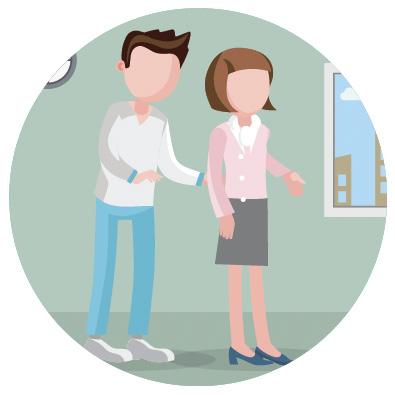
Before arriving
• Arrange for a companion to accompany you to and back from your visit to KTPH.
• Keep warm. Bring a jacket, blanket and socks as you may feel cold in the treatment room.
• Stay comfortable. Bring a small rest pillow. Practice relaxation techniques.
• Stay entertained. Bring a book, magazine or an electronic device along with earphones.
• Bring snacks, such as sandwiches and hard candy. Drink water to stay hydrated.
• Minimise disruptions. Use the washroom before the start of your treatment. Inform a nurse if you need to visit the washroom whilst undergoing chemotherapy infusion.
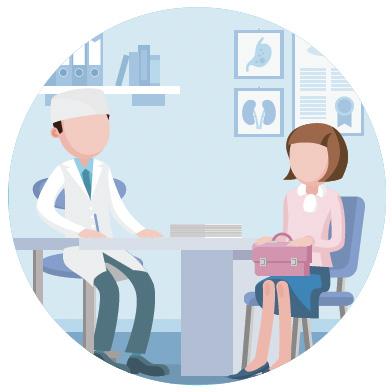
Before leaving
• Confirm the details of your next appointment(s), including blood tests, scans, doctor’s consultation and chemotherapy.
• Collect any medications that you are prescribed
A chemotherapy regimen consists of all the treatment cycles that you will receive. The number and duration of each cycle is tailored to your individual condition and needs. Consult your doctor on any queries you have.
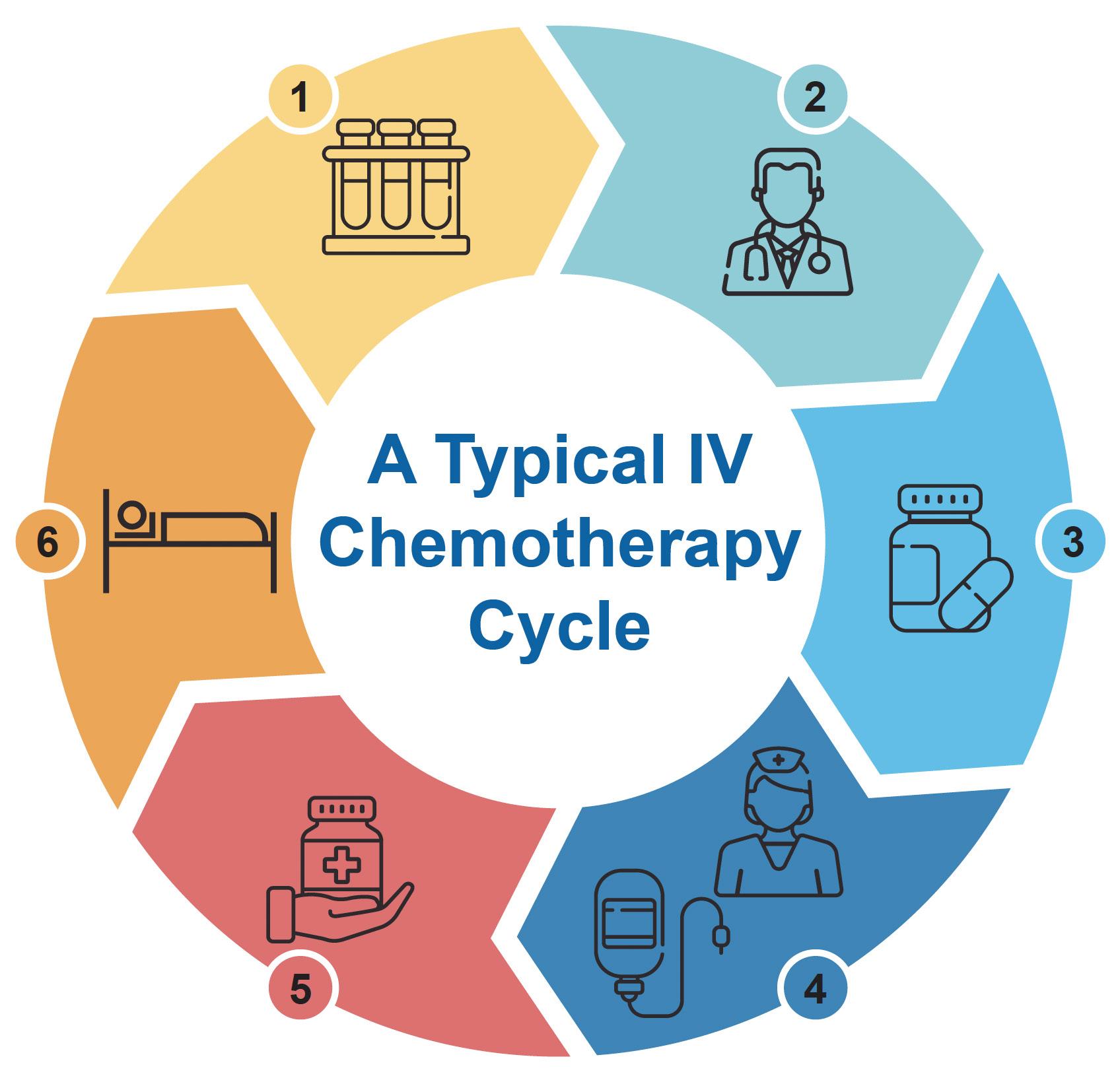
May be scheduled on the day of treatment or a separate day prior to each new cycle. This is done to ensure safe administration of chemotherapy.
Doctor’s consultation
You will undergo periodic consultation sessions with your doctor to review your progress.
Pre-chemotherapy medication(s)
Take them before chemotherapy as instructed. They will help you get through your chemotherapy session more comfortably.
Assessment & administration
Your nurse will assess you before administering your chemotherapy drugs.
Post-chemotherapy medication(s)
After your chemotherapy session, these may be prescribed for you to take when you return home. However, depending on the type(s) of Medication, you may be required to return to an outpatient clinic for these to be administered instead.
You will undergo a period of rest before commencing your next cycle. Inform your doctor if you experience any new symptoms.
What are some common side effects of chemotherapy?
Chemotherapy may affect normal cells that grow and divide rapidly, such as cells in your digestive tract, skin, hair, bone marrow and reproductive organs. As a result, you may experience some side effects.
Different people experience side effects differently, such as the length and severity. Some side effects are experienced soon after, or even during the administration of the medications.
Here are some of the common side effects, and ways you can manage the symptoms and discomfort.
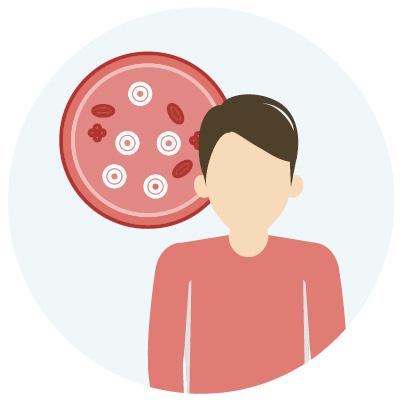
You may be at increased risk of infection (fever with chills and shivering) and bleeding (black sticky stool, large amount of fresh blood in urine or stool, significant and/or multiple bruising).
• Avoid crowded places and contact with individuals who are unwell. Wear a mask if there is a need to.
• Go to the emergency department if you record a temperature reading of 38˚c and above. Inform the doctor that you are on chemotherapy. Avoid medications containing paracetamol (e.g. Panadol).

• Rest well. Ensure adequate sleep at night. Take short naps during the day.
• Eat well. Ensure optimal nutrition intake.
• Reduce daily activities. Let your family and friends help you to run simple errands, such as with shopping and housework.
• Adjust your work schedule. Explore flexibility in your working arrangement.
• Keep physically active. Do light exercises, like going for a short walk.
• Inform your doctor. You may be prescribed medications and medical leave
Allergic reaction
Allergic reactions such as fever, allergic asthma, hives, face swelling, significant rashes or shortness of breath may occur.
• Alert your nurse if you experience symptom(s) while receiving treatment in KTPH.
• Go to the emergency department if you experience symptom(s) outside of KTPH.

Hair loss commonly happens two to three weeks after you begin your chemotherapy. Your hair should grow back once you complete treatment.
• Maintain a short hairstyle. This can decrease hair pulling and tangling, and make your hair look fuller.
• Be gentle to your hair. Wash with a mild shampoo. Pat dry and don’t rub. Comb with a soft hairbrush. Minimise the use of hairdryers. Avoid perms and dyes.
• Select a wig or toupee if you intend to wear one. Doing so before treatment will make it easier to match it to your own hair colour and style.
• Protect exposed scalp. Use sunscreen, wear a hat or beanie when going under the sun or in cold weather.
• Eat small meals. Six to eight small meals per day instead of three large meals.
• Set up a daily meal schedule. Stick to it, rather than eating only when you feel hungry.
• Ensure optimal nutrition intake. Healthy eating advice (e.g. Low fat options) may not apply while you are on treatment, especially if your weight, appetite and food intake is affected.
• Keep physically active. Going for a walk may increase your appetite.
• Inform your doctor. Severe and/or prolonged appetite loss may lead to malnutrition.

• Maintain proper oral hygiene. Brush your teeth and rinse your mouth prior to eating and drinking. Gargle with salt water.
• Try alternative foods. Red meat may be substituted with chicken, fish, eggs or tofu. Explore different types of food.
• Incorporate naturally sweet or sour food if you experience a metallic taste. Try fresh fruits or fruit juices.
• Take your anti-nausea and anti-vomiting medications as prescribed. If your symptom persists, or if you experience excessive vomiting, inform your doctor.
• Plan your food and drink intake. Some may feel better having chemotherapy with an empty stomach, while others feel that a light meal and snack works better.
• Eat small meals. Start off with smaller amounts of food, or mild liquids if you experience nausea. Gradually increase your intake to include soft foods. Do not eat or drink during uncontrolled vomiting.
• Avoid strong and cooking smells, like onion, garlic, fish and coffee.

Sore mouth & throat
Soreness in the mouth or throat can occur when there is inflammation and ulcers.
• Check your mouth daily. Use a torch, and look out for new ulcers or swollen gums.
• Eat and drink consciously. Warmed or cooled food and drinks are better tolerated than those that are hot or very cold. Choose soft and moist food, and avoid those that are hard and spicy.
• Maintain proper oral hygiene. Brush your teeth using a toothbrush with soft bristles. Rinse your mouth regularly with one cup of water mixed with one teaspoon of either salt or baking soda.
• Keep your lips moist. Use lubricants. Avoid petroleum based products.
• Maintain dentures properly. Rinse and brush your dentures before and after every meal, and before bedtime. Remove your dentures when you go to bed.
• Inform your doctor. You may be prescribed medications or aids that can numb or relieve painful areas, and artificial saliva products for dry mouth.

• Increase fibre intake as advised. Fibre can regulate your bowels. Foods high in fibre include fruits, vegetables and oats.
• Stay hydrated. Drink plenty of fluids unless Advised otherwise.
• Try natural remedies. A glass of prune or apple juice can have slight laxative effects.
• Keep yourself active. Do light exercises, such as going for a short walk.
• Take your laxatives as prescribed. If your constipation persists, inform your doctor.
• Eat small meals. Six to eight small meals per day instead of three large meals.
• Eat and drink consciously. Avoid highly spiced, deep fried or oily food; a bland diet may help instead. Avoid caffeine, alcohol, dairy products such as milk and cheese, as these may worsen your symptoms.
• Increase soluble fibre intake. This includes oats, bananas, white rice and crackers.
• Decrease insoluble fibre intake. This includes wholegrain bread, nuts and seeds.
• Replenish fluid and electrolyte losses. Drink water, apple juice, clear broth or sports / isotonic drinks.
• Take your anti-diarrhoea medications as prescribed. If your symptom persists, inform your doctor.

Numbness or tingling sensations
• Wear gloves and socks to keep your hands and feet warm, and improve blood circulation. Gloves should be worn while washing dishes, and handling hot and sharp objects.
• Inspect your body for cuts and bruises. Especially your hands and feet.
• Inform your doctor.

Joint pain & muscle ache
• Inform your doctor. Describe how the pain feels, where it is and if it moves, what makes it happen or go away, how long it lasts for, and any pain medications you are taking.
Sexuality & fertility
Women may experience irregular menstrual cycles, hot flushes, dryness or itchiness at the vaginal area, bladder or vaginal infections. Men may experience reduced sperm count, difficulty in achieving erection or orgasm.
• Share your feelings and concerns about sexual intimacy with your partner. Give them time to get used to any changes.
• Use lubricant during sex.
• Use birth control if you are sexually active and of childbearing age. Some drugs may pose danger to an unborn child.
• Discuss your concerns with your doctor. Some patients may become sterile after chemotherapy, even when sexual interest is present.
Many individuals can lead an active and engaging life when they learn to manage their side effects from chemotherapy.
Chemotherapy can only be done if your blood cell counts, liver and kidney functions are satisfactory. As such, what you eat may affect your body’s tolerance to, and in some cases, the efficacy of your chemotherapy treatment.
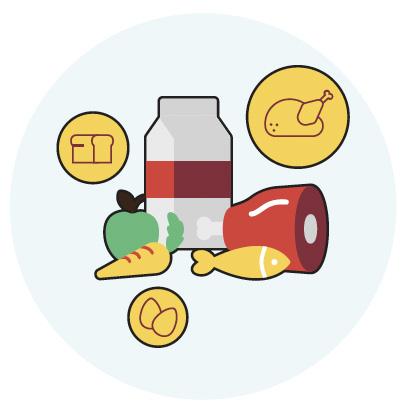
Eating and drinking well help maintain your weight and energy levels, treatment tolerance, recovery, increase immunity and lower risks of infections.
• Add high protein foods, like minced meat, fish, eggs and tofu, in your meals.
• Add snacks to your diet to help maintain your weight.
• Avoid replacing a meal with clear soups, which are very low in nutrients. If you like to drink soups, add milk or cream to increase your nutrition intake.
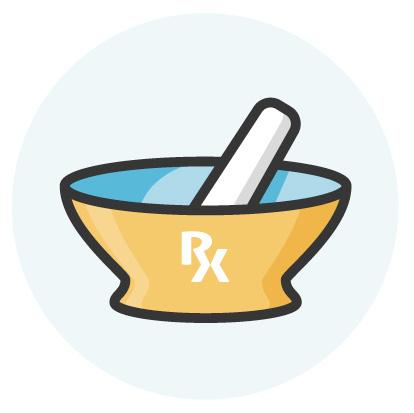
Certain food, drinks, medications and supplements may interact unfavourably with your chemotherapy. You will be advised on what to avoid.
• Inform or show your doctor, nurse and pharmacist all the medications and supplements that you are, and intend on taking. These include:
• Traditional chinese medicine (TCM), e.g. Fungi extract, ling zhi;
• Dietary supplements, e.g. Liquid extracts, vitamins, minerals, herbs, botanicals.
• Consult your doctor if you want to drink alcohol. Excessive intake may damage your liver and lower your blood counts.
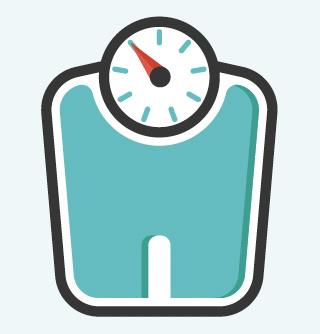
Inform your doctor if you experience the following:
• Unplanned weight loss ≥3kg in 1-3 months, or ≥5kg in 6 months
• Eating lesser than before Especially <½ of your usual in the past ≥5 days

Food safety
Hand hygiene
• Wash your hands with soap for at least 20 seconds.
• Check the use by, or best before dates.
• Buy properly packed foods. Choose foods that are individually packed, rather than those unpackaged and left out on display. Avoid damaged, rusty or dented food packaging.
• Order well-cooked, freshly prepared food when eating out. Avoid raw food, and food left in high-risk conditions e.g. Buffets.
• Thaw food in a fridge or microwave, not at room temperature.
• Use separate chopping boards and knives for meats, vegetables and fruits.
• Cook food thoroughly, particularly meat, poultry, fish and eggs.
• Store food at safe temperatures, at either ≤5ºc or ≥60ºc. Cooked food should be cooled and refrigerated within 1 hour.
• Discard food left at room temperature for ≥4 hours.
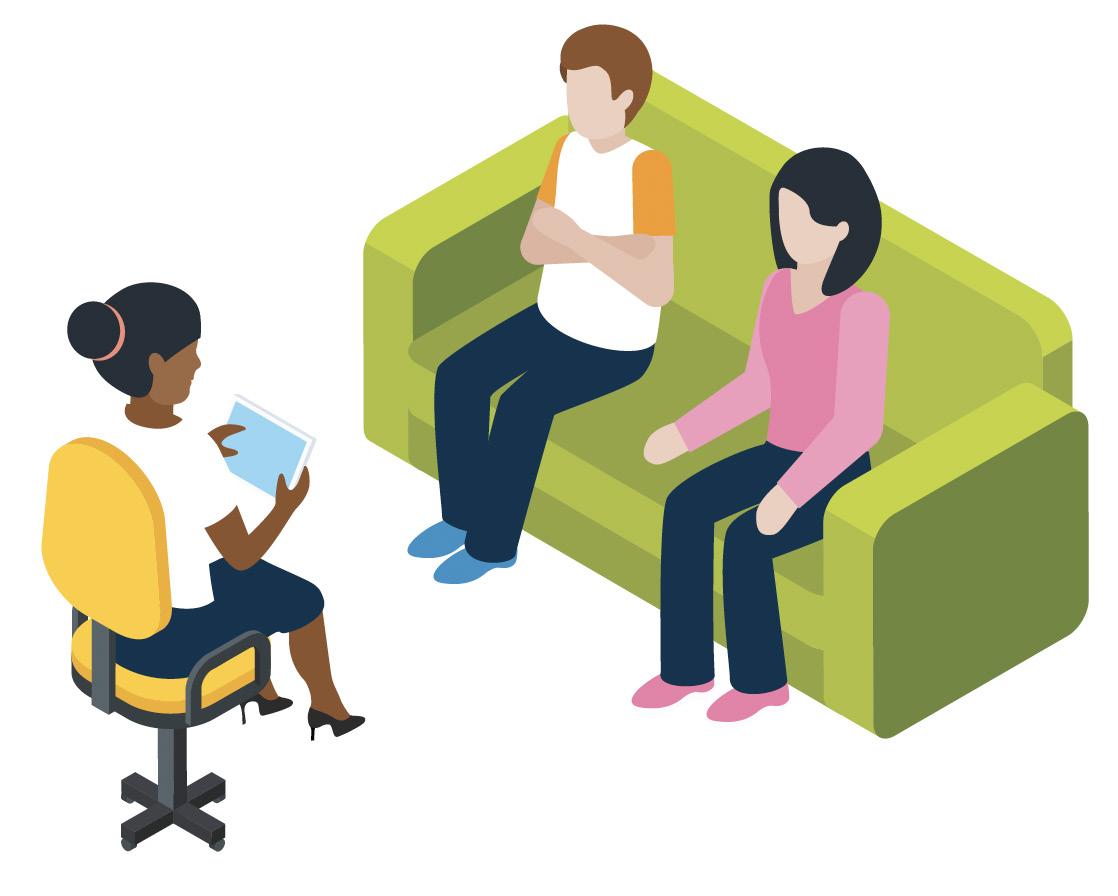
Your family and friends can be a great source of support, hence it may be helpful to involve them in your treatment journey.
• Share with your family and friends your diagnosis, prognosis, and physical conditions, feelings and experiences. Your honesty will help them cope with their emotions, allow them to understand what you are going through, and provide you with the support and care that you need.
• Be prepared to receive a wide range of responses to your diagnosis, and do not take offense. Some people do not know how to react to the news and may need time to digest.
• Seek family and friends’ help for tasks you may not be able to do and to accompany you for your treatment. Many are happy to extend a helping hand!
• Seek outside help from a medical social worker or community counsellor if you notice any family or friends are facing difficulties in coping or understanding your medical condition.
1. I have been feeling weak and unwell on the day of chemotherapy. What should I do?
Inform your nurse on your physical condition. They will communicate to the doctor incharge, who will then assess you.
Vital signs such as your blood pressure and temperature will be taken and if necessary, blood samples may also be taken for further investigation.
2. Can I go for dental appointments?
You are strongly encouraged to visit your dentist before commencing your chemotherapy regimen.
If there is a need for you to proceed with your dental appointment during your chemotherapy regimen, inform your doctor and dentist that you are receiving chemotherapy.
3. Is cancer infectious?
No. Cancer is not transmitted by bodily fluids. You may continue to interact with your family and friends.
4. I am required to bring home a device which delivers chemotherapy over a few days. What do I need to be aware of?
This medical device or portable pump is programmed to administer intravenous chemotherapy between 24 hours to 7 days, as arranged by your doctor.
Take special care of the position of the device to avoid kinking (twist or curl caused by a doubling or winding) of the infusion tubing.
Do not tamper with the device and avoid water contact as it may affect and cause damages to the device’s functions.
5. Can I travel while receiving chemotherapy?
Travelling is not recommended due to the high risk of infection. However, if it is necessary, inform your doctor so that your chemotherapy schedule can be planned with your travel dates taken into consideration.
6. Can I work while receiving chemotherapy?
This depends on the nature of the work that you do and how you feel after receiving chemotherapy.
• Light work, such as administrative work, are typically possible. Avoid work that exposes you to dust and dirt to prevent infections.
• If you encounter financial problems due to the need to stop working, inform your doctor or nurse who may refer you to a medical social worker.
• To facilitate recovery and rest, your doctor may prescribe you medical leave.
7. Should I avoid red meat or meat altogether?
• Having a balanced diet is required for optimal health. As such, you should avoid imposing any severe diet restrictions, as it may lead to malnutrition.
• Inform your doctor if you are on a vegetarian or vegan diet. You may be referred to a dietitian.
Oncology Clinic 9724 1642